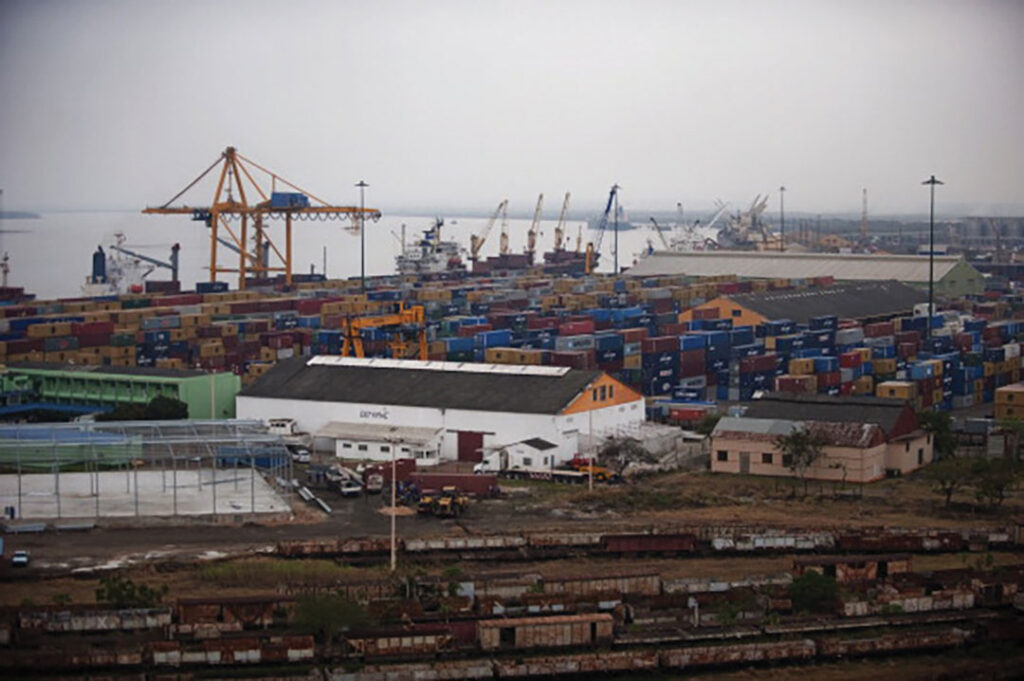ADF STAFF
China’s Belt and Road Initiative (BRI) promised huge investments in ports throughout the world. But the environmental and human costs of these projects are only beginning to be understood, according to reports.
Chinese-built ports in Angola, Cameroon, Côte d’Ivoire, Djibouti, Mauritania and Mozambique have become examples of how such projects can disrupt aquatic ecosystems and local artisanal fishing communities, according to a report led by Boston University’s Global Development Policy Center.
Countries on Africa’s Atlantic coast — particularly Angola, Cameroon and Côte d’Ivoire — face the greatest risk to their local fishing communities from port projects. Cameroon’s artisanal fishing communities lead that list, according to researchers.
The construction of Cameroon’s Chinese-funded Kribi port destroyed a popular beach area along with the community of Lolabe, throwing the local population and environment into disarray.
Planners can avoid creating conflicts with artisanal fishing communities by ensuring that those residents are included in the development of port projects. That can ensure that those communities are better off, or at least not worse off, afterward, said Rebecca Ray, a senior researcher who worked on the report.
“Ports rank as the highest-risk sector for coastal construction, because of the many possible avenues for environmental and social impacts: beyond the noise, light, and habitat disruption from the construction itself, they also bring the potential for significant changes in local ecosystems through the introduction of invasive species who ‘hitchhike’ on incoming ships and the depletion of local fish stocks from new fishing fleets who may come to use the port,” Ray told Voice of America.
Mauritania’s 1980s-era Nouakchott Friendship Port, which was upgraded as part of the BRI in 2018, has come under fire from local communities for bringing in Chinese fishing fleets that have overwhelmed local artisanal fishing crews and damaged the environment, according to Ray.
In Angola and Mozambique, more than 2,000 square kilometers of marine habitats are at high risk from port development.
The renovation and expansion of Mozambique’s Beira Fishing Port has put the surrounding marine environment at risk within 10 kilometers, making it one of the most damaging projects in the Global Development Policy Center report.
Reducing the environmental and societal impact of port projects requires countries to impose greater safeguards and set higher standards.
“It is important to be clear that all planners and lenders, regardless of their nationality, should take care with the natural resources that support traditional communities and coastal economies as a whole,” Ray told ADF.

